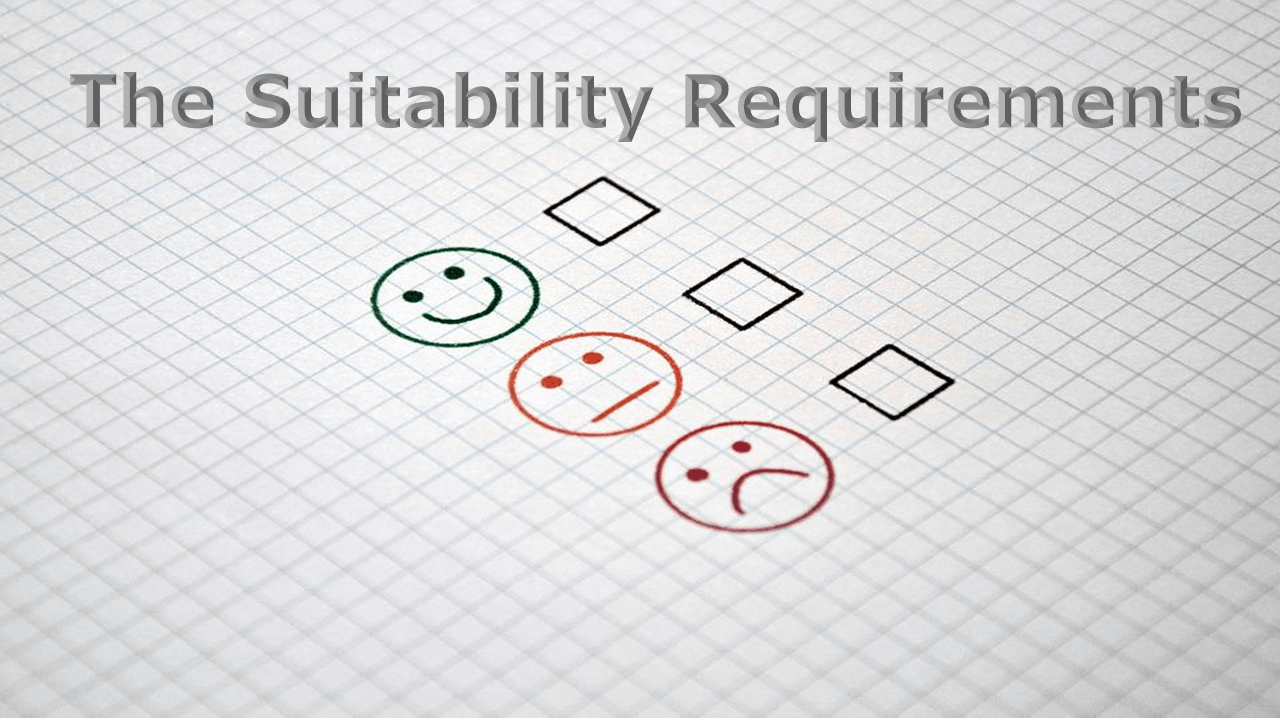The Scale-Up Visa
This article consists of two parts, which cover the following topics:
Part 1
What is the Purpose of the Scale-Up Route?
Who Qualifies?
How is the Scale-up Different from Other Sponsored Visas?
3 Requirements to Meet
The Validity Requirements
The Suitability Requirements
Part 2
The Eligibility Requirements
Points-Based Eligibility Requirements
What is the Difference Between Sponsored and Unsponsored Applications?
How Can you Score 50 Points for the Sponsored Application?
and 50 Points for the Unsponsored Application
How You Can Score 10 Points for the English Language Requirement
How You Can Score 10 Points for the Financial Requirement
The Decision
Conditions
This is part 1. You can jump to part 2 HERE.
What is the Purpose of the Scale-Up Route?

The Scale-up route was introduced on 22 August 2022. The Scale-Up Visa is for talented people with the skills needed to enable the Scale-up business to continue growing. You’ll need to find a UK Scale-up Sponsor who will recognise and assess your talents and make you a job offer.
The Scale-Up Visa is for a fast-growing UK business (known as ‘scale-up businesses’). The aim of this route is to offer greater flexibility and power to entice the world’s top talents.
Fast Track Service
Irene Graham OBE, CEO of the ScaleUp Institute, said:
‘The ScaleUp Institute welcomes the launch of the Scale-up visa. This is something we have recommended since our inception and should provide a much-needed fast track service to enable local growth companies to access the talent they need more quickly.’
‘Scaleups add over £1 trillion a year and more than 3 million jobs to the UK economy, and are present in every community, hiring people from at home and abroad, as they drive growth into their local areas and beyond.’
Who Qualifies?
Eligible businesses will be able to attract highly skilled talent, including:
- scientists
- engineers
- programmers
- software developers
- research and development professionals
- economists
- architects
- technicians
- financial and investment advisers
How is the Scale-up Different from Other Sponsored Visas?
Those who remain in the UK on sponsored visas to extend their stay in the UK need the Sponsors to confirm that they are needed and to assist them with their visa applications.
Unlike other sponsored visas, the Scale-up visa allows businesses to employ high-skilled individuals who will receive 2 years’ leave to remain in the UK without requiring further sponsorship or permission beyond the first 6 months.
The Scale-Up route consists of two parts:
- 2-year sponsored stage
- 3-year unsponsored stage
All applicants will need to have ‘an eligible sponsor’ willing to issue a Certificate of Sponsorship to them.
However, what is unique is that the applicants will only need to work for this employer for 6 months. After 6 months, the applicants can extend their visas themselves, without a Sponsor, provided they meet the income requirement.
Therefore, the Scale-up visa is uniquely flexible. It requires the applicants to stay with their sponsor only for 6 months.
3 Requirements to Meet
To qualify, you’ll need to meet 3 requirements:
- The Validity Requirements
- The Suitability Requirements
- The Eligibility Requirements
The Validity Requirements
The validity requirements were introduced to ensure that all applicants followed the correct application process.
The Form
When applying, you need to complete the correct online application form. You can apply for a visa 3 months before the day you’re due to start work in the UK. You’ll find this date on your certificate of sponsorship.
The Fee
You’ll need to pay a £715 application fee and pay the Immigration Health Surcharge (£624 per year x 2 years = £1,248)
ID and a Certificate of Sponsorship
With your application, you’ll have to submit your passport to prove your identity and nationality and a Certificate of Sponsorship. This certificate should not be older than 3 months.
Biometrics
You’ll need to submit your biometrics (scan, photo of your face and fingerprints).
TB Test Certificate
If your country is on the Appendix T list , you’ll also need to submit a certificate confirming that you have undergone screening for active pulmonary tuberculosis and that such tuberculosis was not found in you.
General Validity Requirement
The Age
All applications must be over 18.
Switching
If you are applying from the UK and would like to switch to the Scale-up visa, you should bare in mind that you cannot do this if you came to the UK:
- as a Visitor; or
- as a Short-term Student; or
- as a Parent of a Child Student; or
- as a Seasonal Worker; or
- as a Domestic Worker in a Private Household; or
- outside the Immigration Rules.
The Suitability Requirements

As part of your application, you’ll need to prove that you meet the suitability requirements. You’ll find them at part 9 of the Immigration Rules.
Suitability requirements apply to all routes and must be met in addition to validity and eligibility requirements.
Mandatory and Discretionary Grounds
Part 9 of the Immigration Rules consists of two types of suitability requirements: mandatory (must) or discretionary (may). If you are caught by one of the mandatory requirements, your application will be refused. If one of the discretionary grounds applies, then the decision-maker has a choice and can either allow or refuse the application. In other words, they’ll have discretion when making their decision.
If you are applying outside the UK, one of the following 12 grounds may apply:
- Exclusion or deportation order grounds
- Non-conducive grounds
- Criminality grounds
- Exclusion from asylum or humanitarian protection grounds
- Involvement in a sham marriage or sham civil partnership grounds
- False representations, etc. grounds
- Previous breach of immigration laws grounds
- Failure to provide required information, etc. grounds
- Admissibility to the Common Travel Area or other countries grounds
- Debt to the NHS grounds
- Unpaid litigation costs grounds
- Purpose not covered by the Immigration Rules grounds
There are additional 7 grounds for refusal of entry on arrival in the UK:
- No entry clearance grounds
- Failure to produce recognised passport or travel document grounds
- Medical grounds
- Consent for a child to travel grounds
- Returning residents grounds
- Customs breaches grounds
- Change of circumstances or purpose grounds
If you are already in the UK, 2 more grounds may apply:
- Rough sleeping in the UK
- Crew members
And finally,
there are 10 more additional grounds,
which may apply irrespective of whether you apply in the UK or outside:
- Ceasing to meet requirements of rules
- Dependent grounds
- Withdrawal of sponsorship or endorsement grounds
- Student does not start course or ceases to study
- Worker does not start work or ceases their employment
- Sponsor loses licence or transfers business
- Change of employer
- Absence from employment
- Change of job or lower salary rate
- Endorsing body no longer approved
However, the last 10 don’t apply after you have been in the UK on a Scale-up visa for more than 6 months.
Continue Reading: GO TO PART 2
